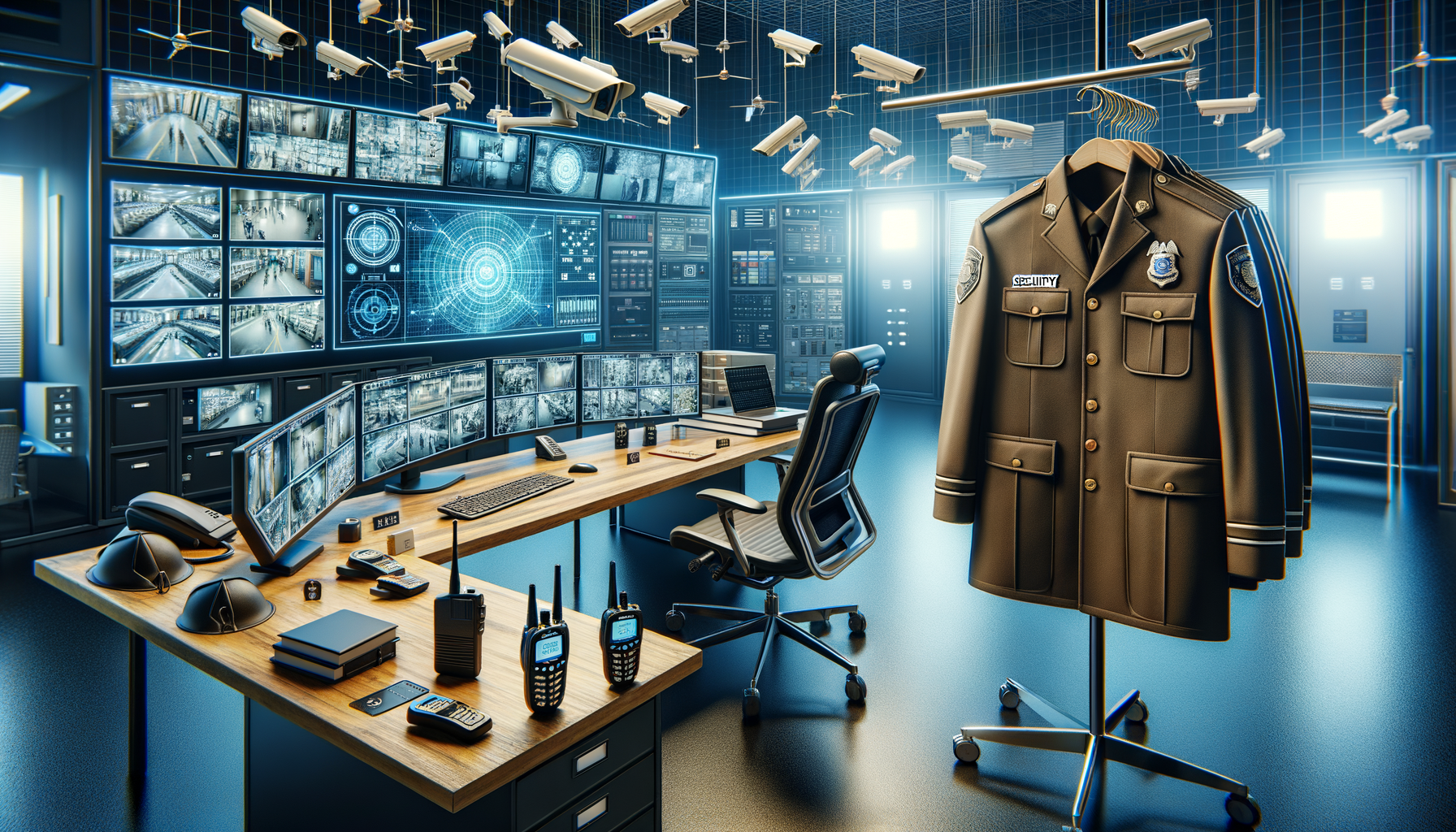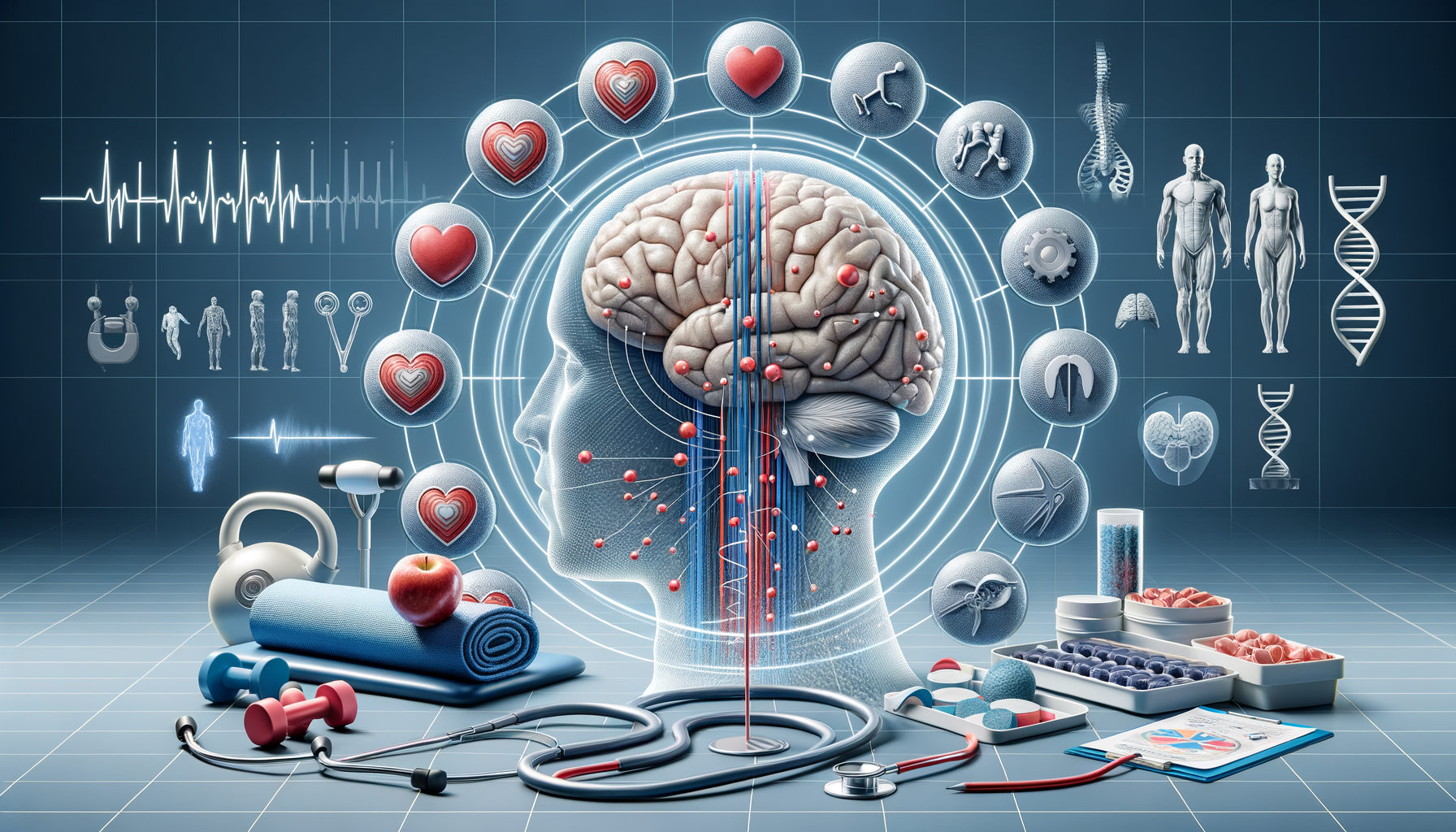Introduction to the Security Guard Profession
Security guards are an integral part of the safety and security framework in many environments, ranging from corporate offices and shopping centers to schools and residential complexes. Their primary role is to protect people, property, and assets from potential threats and ensure a secure environment. The demand for security guards has been steadily increasing, driven by the need for heightened security in both public and private sectors.
Security guards provide a visible deterrent against crime, and their presence alone can prevent many potential incidents. They are trained to handle various situations, from managing access control to responding to emergencies. Their responsibilities can vary significantly depending on the setting, but the core objective remains the same: to maintain a safe and secure environment.
Responsibilities and Duties of Security Guards
The duties of a security guard can be diverse, depending on the location and the specific needs of the employer. Common responsibilities include:
- Monitoring surveillance equipment to detect suspicious activities.
- Conducting regular patrols to ensure the premises are secure.
- Controlling access to buildings and maintaining logs of visitors.
- Responding promptly to alarms and investigating disturbances.
- Cooperating with law enforcement agencies when necessary.
In addition to these duties, security guards are often required to prepare reports on their observations and activities. Effective communication skills are essential, as they frequently interact with the public and need to convey information clearly and professionally.
Qualifications and Skills Required for Security Guards
Becoming a security guard typically requires a high school diploma or equivalent, although some employers may prefer candidates with additional certifications or training. Many regions require security guards to obtain a license, which involves completing a training program and passing a background check.
Essential skills for security guards include:
- Strong observational skills to detect suspicious behavior.
- Good physical fitness to perform patrols and respond to emergencies.
- Excellent communication abilities for interacting with the public and reporting incidents.
- Problem-solving skills to assess situations and determine the appropriate course of action.
Security guards must also exhibit a high degree of integrity and professionalism, as they are entrusted with significant responsibilities regarding the safety and security of people and property.
The Impact of Technology on Security Guard Services
Technology has significantly transformed the security industry, enhancing the effectiveness and efficiency of security guard services. The integration of advanced surveillance systems, access control technologies, and mobile communication devices has allowed security guards to perform their duties more effectively.
For instance, the use of CCTV cameras and alarm systems enables security guards to monitor large areas with ease, allowing for quicker response times to incidents. Mobile devices and apps facilitate real-time communication and reporting, ensuring that security teams can coordinate their efforts effectively.
Furthermore, technological advancements have also led to the development of automated systems that can complement the work of security guards. These systems can handle routine tasks, such as monitoring access points, allowing security personnel to focus on more critical aspects of their role.
Conclusion: The Essential Role of Security Guards
Security guards are a crucial component of the broader security framework, providing peace of mind to individuals and businesses alike. Their presence helps deter crime and ensures that environments remain safe and secure. As the demand for security services continues to grow, the role of security guards will remain vital in safeguarding our communities.
With the integration of technology, security guards are now more equipped than ever to handle the challenges of modern security needs. Their ability to adapt to new technologies and maintain a high standard of professionalism makes them indispensable in today’s society.




Leave a Reply